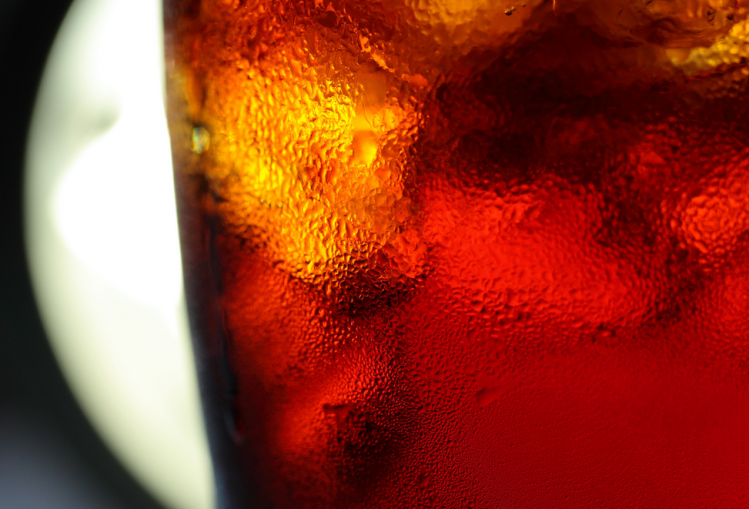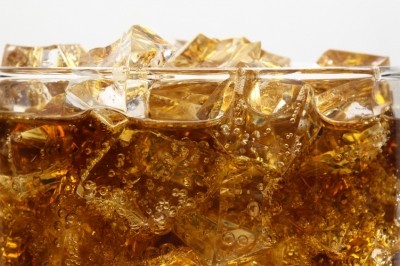‘Dangerous conflicts of interest’ mar soft drinks obesity research?

Bes-Rastrollo et al. claim this ‘surprising’ finding in a recent systematic review of systematic review studies dating back to 2006, published in the open access journal PLOS Medicine, but admit they cannot assess which interpretations of the available evidence linking soft drinks to weight gain are truly accurate.
Nonetheless, the scientists conclude: “It might be worthwhile to further explore the implications of biased reviews, with their consequent dissemination of flawed information to public health policy makers and medical practitioners.”
Vested interests a ‘reason for concern’
Bes-Rastrollo and colleagues agree that industry should play a role in nutrition science – given the support it offers researchers, but insist their results remain a “reason for concern, when interpreting reviews funded by food industries with vested interests in the conclusions of those reviews”.
They add that clear guidelines and principles (such as sponsors signing contracts stating they will not interpret results) should be established to avoid “dangerous conflicts of interest”.
Searching PubMed, Cochrane Library and Scopus (Elsevier) on August 31, 2013, the authors identified 17 systematic reviews (or SRs, with 18 conclusions) dating from 2006-2013 on the association between sugar-sweetened beverage (SSB) consumption and weight gain or obesity.
Two researchers classified study conclusions into two groups – those finding positive and negative associations – and were blind in regard to funding sources and conflict of interest disclosures.
Six of the reviews disclosed a financial conflict of interest with the food industry and five out of six (83.3%) concluded that scientific evidence was insufficient to link SSB drinking to weight gain, reported contradictory results or did not state any definitive conclusions linking SSBs to weight gain.
Conversely, 10/12 of the conclusions in the studies without a conflict of interest stated that SSBs could present a potential risk factor for weight gain.
What price the ‘honest pursuit of knowledge’?
Bes-Rastrollo et al. admit that scientists involved in the systematic reviews (in both study sets) may have had pre-existing prejudices that affected their interpretation of findings.
“However, the interests of the food industry (increased sales of their products) are very different from those of most researchers (the honest pursuit of knowledge) and recent randomized trials support a positive association between SSB consumption and overweight/obesity,” they write.
Moreover, Bes Rastrollo et al. said that a “new and comprehensive meta-analysis” (Malik et al. 2013) as well as three other important studies (Qi et al. 2013 is one) all link SSBs to weight gain or obesity.
“Notably, the last review with potential conflicts of interest was conducted in 2009. After that year, research funded by the food industry on this topic centered more on methodological issues than on providing new numerical results,” they write.
Title: ‘Financial Conflicts of Interest and Reporting Bias Regarding the Association Between Sugar-Sweetened Beverages and Weight Gain: A Systematic Review of Systematic Reviews’
Authors: Bes-Rastrollo, M., Schulze, M.B., Ruiz-Canela, M., Martinez-Gonzalez, M.A.
Source: PLOS Medicine, December 31 2013, doi: 10.1371/journal.pmed. 1001578





